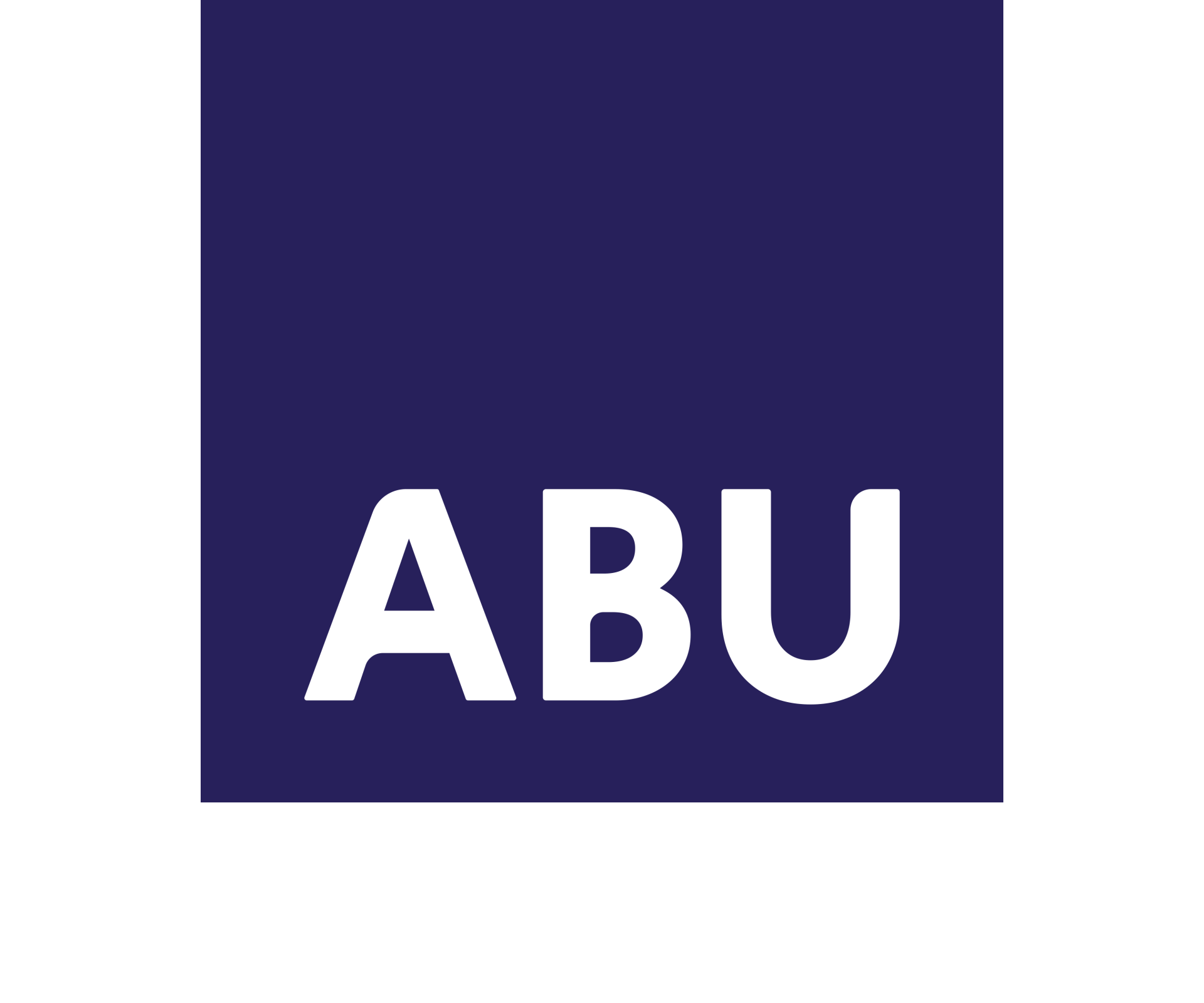These 3 Skills Will Allow Millennials To Excel As Leaders

Jul 16, 2021
At the start of the 2010s, the internet was flooded with articles debating the role of Millennials in the workplace. Arguments were made in favor of hiring Millennials and giving them the chance to excel in leadership positions. Others disagreed, citing that Millennials were too young for these responsibilities and were not yet ready to manage or take the lead.
The world has changed dramatically in the last 10 years. It’s no longer possible to write about Millennial youth because the generation has aged out of it. Millennials are now into their early to late thirties. Presently, the youngest individuals considered to be Millennials are 24 years old.
Many Millennials can recall the struggles of graduating during the Great Recession and finding employment as post-graduates. However, the most defining moment in any Millennial’s professional life—and for Gen-Z, the next generation climbing up the career ladder—will be the Covid-19 pandemic.
In an unprecedented time, Millennials have managed to survive, and thrive, thanks to possessing certain skills that allow them to remain resilient and agile as leaders and even entrepreneurs. Now and into the future, these are the skills necessary for Millennials to excel in leadership positions.
1. Emotional intelligence
Our changing world has been quietly reflecting the value of emotional intelligence, or EQ, in the workforce for several years. This is often referred to as the other type of smart. It is the notion that traditional benchmarks of intelligence, such as a high IQ, are not always synonymous with top performance in the workplace. Emotional intelligence argues that individuals who possess four core skills are actually better able to experience the most success and satisfaction in their job than those lacking EQ.
What are these four core skills?
- Self-awareness.This is the ability to understand and be aware of your emotions.
- Self-management. In understanding your emotions, you are able to develop personal competence. As such, you may be able to direct your behavior in a positive manner.
- Social awareness.Aside from understanding your own emotions, social awareness allows you to pick up on the emotions of others. This helps to develop social competence and understand what is happening in any given circumstance.
- Relationship management. Interactions, ranging from how you engage with customers to collaborate with coworkers, are better managed as a result of picking up on the awareness found in your emotions and the emotions of others.
You may be reading this and feeling excited because you possess the four core skills. If you don’t possess emotional intelligence, however, it is still possible to develop it. Our brains have what is known as “plasticity.” Whenever we learn new concepts, brain cells grow and develop new connections; in fact, as many as 15,000 connections made be made in a single brain cell. Connections made in one brain cell have the ability to branch out and reach other brain cells, continually making thousands of new connections.
In the long run, this enables us to develop emotionally intelligent habits. Becoming emotionally intelligent gives Millennials in leadership roles the ability to be more empathetic with one another, provide assistance when there are setbacks, and inspire each other to show up and do their best. The same may be said of Millennials in entrepreneurial roles. Those possessing EQ have the ability to seek out other individuals who also possess emotional intelligence and hire them to join their respective teams and build up their businesses.
2. Nimble behavior
What comes to mind when you think of someone who has a nimble nature? When I hear this word I tend to think of entrepreneurs. Possessing a nimble approach means being flexible and fluid. Millennials understand there are times when they need to stick to a script, and there are also moments when the script must be thrown out and rewritten.
When the unexpected happens, like a global pandemic, everything changes out of necessity. There are new customer needs to meet. It’s simply not feasible to act as though nothing out of the ordinary is happening. Millennials who worked during Covid-19 will likely be able to recall at least one moment where they needed to suddenly pivot and transform their existing processes to complete tasks.
Luckily, nimble behavior is not completely unprecedented. Millennials have lived through massive changes. They understand that one of the keys to getting through uncertain times is to embrace uncertainty and be willing to act in an agile manner. Understanding how to scrap one plan entirely, write a new one from scratch, and then act on it alongside the team is an incredibly valuable skill to carry forward post-pandemic.
3. Connectedness
Are there other traits I could have listed in this third slot? Certainly. I could have talked about how the innovative nature of Millennials will allow them to learn new concepts and adapt. Or, I could have played up the always popular Millennial characteristic of being tech savvy.
In the pandemic, I have watched how the Millennials on our team treat each other. While there certainly is an emphasis on working hard together, team members also have found a way to check in on one another.
Amid the pandemic health crisis is a mental health crisis. Employees all around the world have been experiencing high levels of depression, anxiety, and burnout. In another timeline, much like the aforementioned early 2010s, you’d see thought leadership articles online about how to avoid burnout at work. Now, it has become a lasting issue that is impossible to ignore.
Millennials prioritize people. If a colleague is acting off or seems down, they will be among the first to pick up on it. They will also be among the first to try to offer to help out. “What can I do?” and “Are you okay?” are two examples of questions they will ask. Answers will help them get to the root of the issue and provide support.
It is that kind of support that matters across all generations. Regardless of how the workplace looks in the future and how soon we return to a “normal” way of life, what will be forever normalized will be the continued support, care, and concern for employees.







